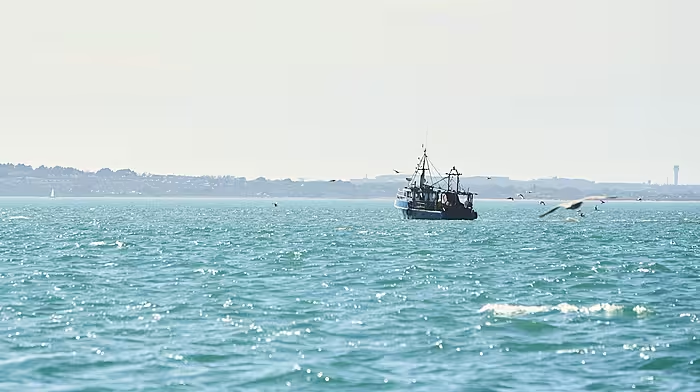FURIOUS West Cork farmers say new TB herd history guidelines issued by the Department of Agriculture will impact their livelihoods.
And in a show of protest they burned letters informing them of the guidelines – right outside the Department of Agriculture offices in Clonakilty this week.
The protestors say their action was to highlight farmer anger towards the new TB grading system which break herds into 12 status risk categories.
The first code is INF, which indicates a herd is restricted; and the others go from C0 to C10. C0 means a herd is clear of TB for less than one year and C10 indicates a herd clear of TB for 10 years or more.
The department letter states: ‘To minimise the chances of your herd developing TB you should consider very carefully the TB risk of herds you purchase animals from – particularly breeding stock, including stock bulls. The longer a herd you buy from has been clear of TB, the less likely it is that your herd will go down with TB from this source.’
The delegation of farmers protesting was led by IFA animal health chairmen, John Kingston, (Cork Central) and Derry Scannell (West Cork).
They said TB eradication was essential, but the guidelines will blacklist farmers for events outside their control.
Derry said: ‘But the implications of these letters extend beyond the devaluing of animals on farms. They could have severe repercussions for the mart trade, and broader market access for farmers. This approach has the potential to increase the number of movements and distance of movements of animals through the hands of opportunistic buyers.’
The delegation set out IFA’s demands for a TB programme that tackles the ‘real drivers’ of TB including wildlife control, breakdown investigation and management and, fair financial compensation for farmers while a farm is restricted.
Local department officials were asked to make the views of Cork farmers known to senior policymakers in advance of any reconvened national TB talks, which are expected to begin shortly.
Derry added: ‘These letters have been issued without any clearance from the IFA and farmers want them withdrawn immediately.’







